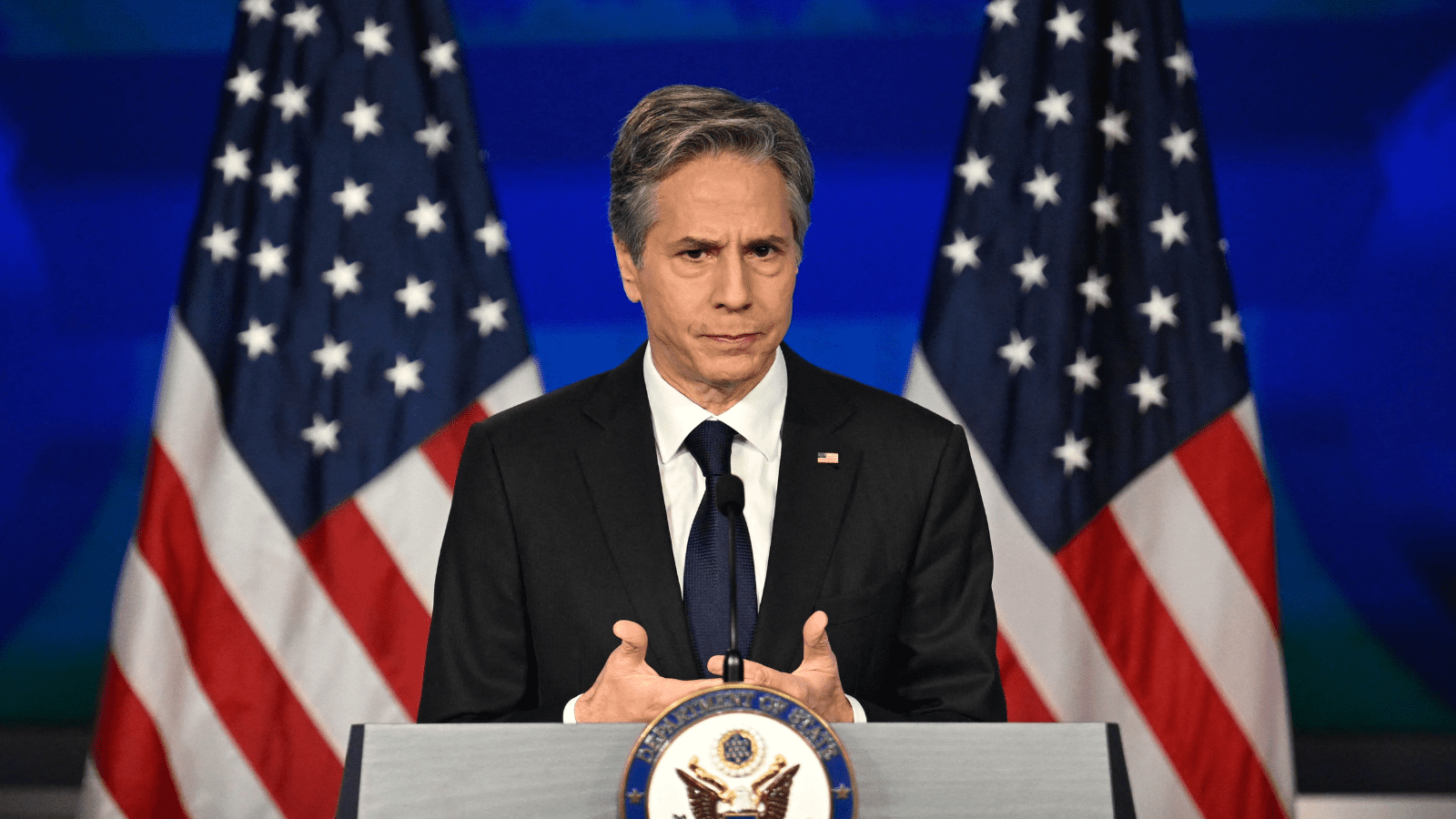
US President Joe Biden has endorsed Vice President Kamala Harris as the party’s new nominee after announcing his decision to withdraw from the 2024 presidential race on Sunday (July 21).
He will not be appointed immediately. His political status, age and the diverse demographics he represents give him some advantages. And it helps that he has no major challenge from within the party.
Harris’ nomination as the party’s official nominee for the November election, in 2020, would be historic, as she becomes the first female, black and South Asian vice president of the United States.
First trip, with Indo-Jamaican parents
Kamala Harris was born on October 20, 1964 in Oakland, California. Her mother Shyamala Gopalan was a renowned breast cancer researcher from Chennai, India, while her father Donald Harris was an economist in Jamaica.
This multicultural heritage influenced Harris’ worldview and career path. Reflecting on her journey, “My mother would look at me and say, ‘Kamala, you may be the first to do many things, but make sure you are not the last’.”
He attended Howard University and later the University of California College of Law. He joined the California Bar and later the Alameda County District Attorney’s Office, specializing in prosecuting child molestation cases.
Rise from District Attorney to U.S. Senator
A pivotal moment in Harris’ political journey came in 2003, when he was elected San Francisco District Attorney. In 2010, he was elected Attorney General of California, where he championed progressive policies including consumer protection and criminal justice reform.
However, Harris has faced criticism, particularly from progressive groups. His approach to the laws, which included prosecuting parents of abandoned children, was seen by many as punitive and would hurt low-income and minority families, Reuters reported.
In 2016, Harris became a United States Senator from California. He has been recognized for questioning during committee hearings and for his advocacy on important issues such as climate change, health care and criminal justice reform. His legislative work laid the foundation for his rise to the national stage.
Becoming Vice-Chancellor: The Milestone Moment
In 2020, Kamala Harris made history by being appointed Vice Chancellor. It marked a milestone in American politics, showing the diversity within American political leadership. As president of the Senate, Harris cast the tie-breaking votes that no vice president had ever done.
In one such event, he confirmed landmark deflationary legislation aimed at addressing inflation, climate change and health care costs in the US through major investments.
Presidential candidate
As the first woman of South Asian and black heritage to be on the ballot for the highest office, her candidacy highlights the manifestation of political representation. This reflects the diverse and multiracial American demographic landscape.
Harris’ candidacy could shape the Democratic Party’s approach on issues such as immigration, health care and women’s rights. A progressive platform would put him in stark contrast to the politics of former President Donald Trump.
However, he is far from certain to win against the Republican nominee. He is not known as a particularly popular leader, especially compared to the popularity that Trump enjoys among his supporters, which he receives less of.
Recent polls — conducted before the assassination attempt against Trump and before Biden withdrew — reveal a tight race.
An average of 11 polls published by The Washington Post on July 21 showed Trump leading Harris “slightly.” This comes after the first televised debate between Trump and Biden on June 27, when Biden’s weak performance led to calls for his replacement.








